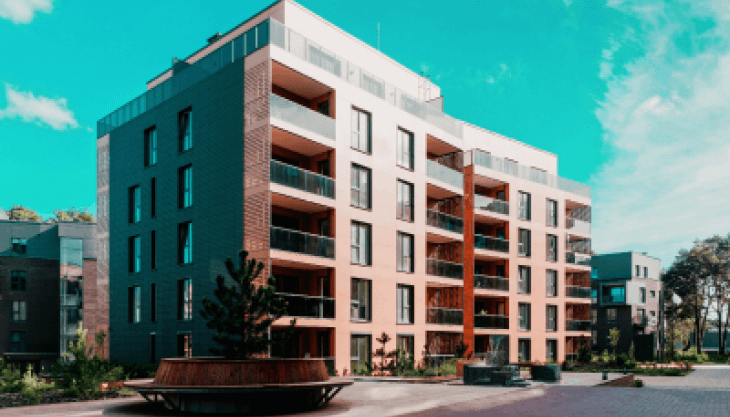Optimizing Cloud Asset Management Strategies for Improved Efficiency in Multi-Unit Residences
Optimizing Cloud Asset Management Strategies for Improved Efficiency in Multi-Unit Residences
Blog Article
Within today's world, many people live in multi-unit buildings, including flat buildings and condominiums. These structures frequently utilize utilities such as electricity, water, and internet services. Overseeing these resources effectively is essential for not only the environment and the residents' well-being. Cloud utility administration strategies can help improve the effectiveness of such shared resources. Through utilizing technology and data analytics, building administrators can streamline the way utilities are used, resulting to financial savings and a superior living experience for all.
A successful strategy for overseeing utilities in multi-dwelling units is the use of smart measurement devices. Intelligent meters provide real-time data on energy and H2O usage. This data allows property administrators to identify patterns and patterns in utility consumption. For example, if a specific unit uses significantly greater water than its neighbors, the manager can examine possible leaks or encourage the tenant to adopt more water-efficient habits. By tackling these issues promptly, managers can minimize waste and lower utility expenses for all tenants.
A further important element of cloud utility administration is the adoption of energy-efficient technologies. Numerous multi-dwelling buildings can benefit from energy-efficient illumination, heating, and air conditioning systems. These solutions not only lower energy consumption but also lower utility bills. Property administrators can use digital systems to monitor the efficiency of these solutions and make adjustments as required. For example, if a heating system system is not operating efficiently, the manager can arrange maintenance or improvements to guarantee optimal efficiency.
Alongside smart measurement devices and energy-efficient technologies, digital resource administration can enhance communication between building administrators and residents. A digital system can provide tenants with visibility to their utility consumption information, allowing them to monitor their consumption. This transparency motivates tenants to be more conscious of their utility use. Additionally, building managers can send alerts about service schedules, eco-friendly tips, or community activities through the platform. Improved interaction cultivates a sense of community and motivates tenants to participate in resource-saving efforts.
Finally, implementing digital utility administration approaches can result in a greater eco-friendly residential space. Through enhancing utility use, multi-dwelling units can considerably reduce their carbon footprint. This is important not web only for the residents but also for the planet. As an increasing number of individuals grow conscious of ecological concerns, they are prone to value residing in a structure that prioritizes sustainability. Property managers who implement these strategies can attract environmentally conscious tenants, enhancing the building's reputation and possibly boosting its worth. In conclusion, efficient digital utility administration is crucial for creating efficient, comfortable, and sustainable living spaces in multi-dwelling buildings.